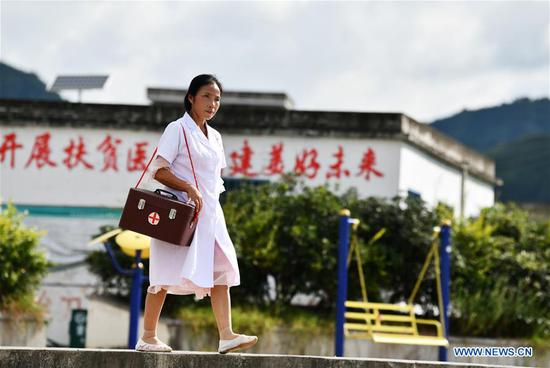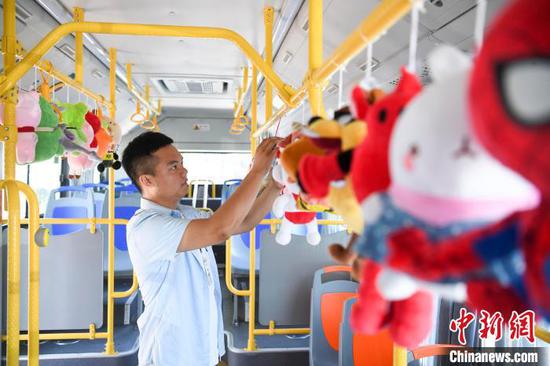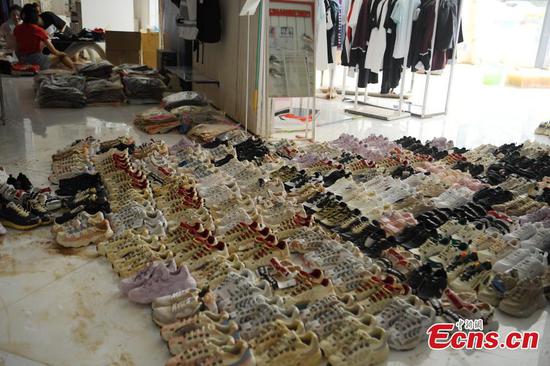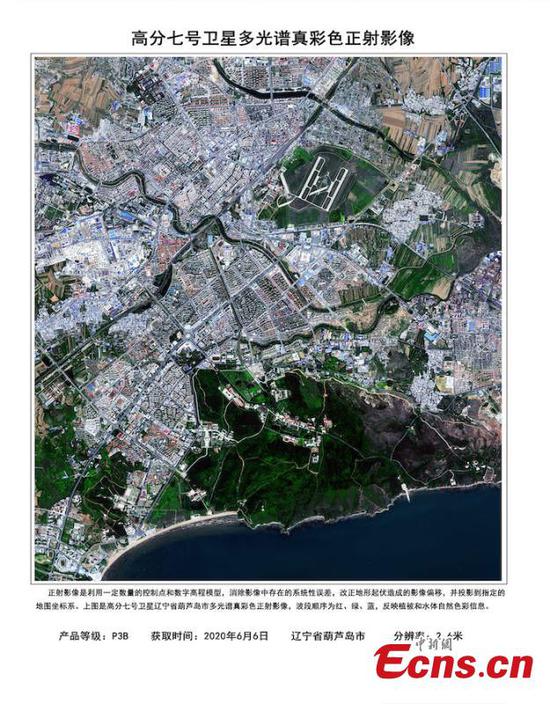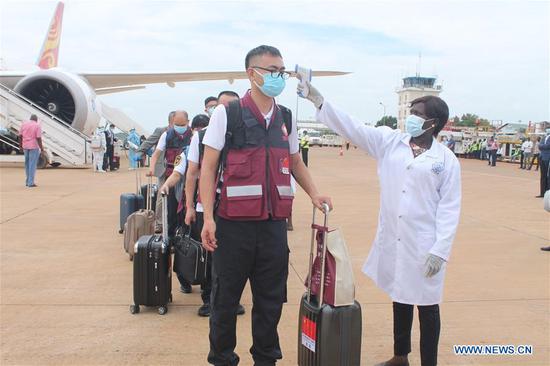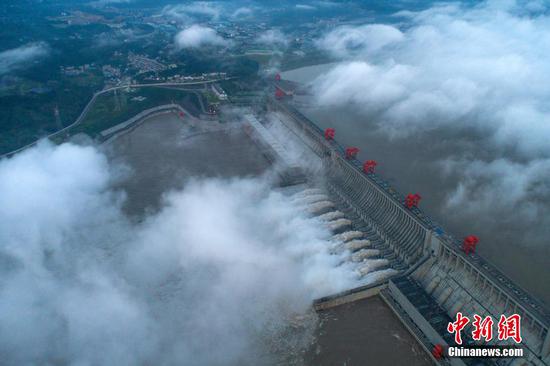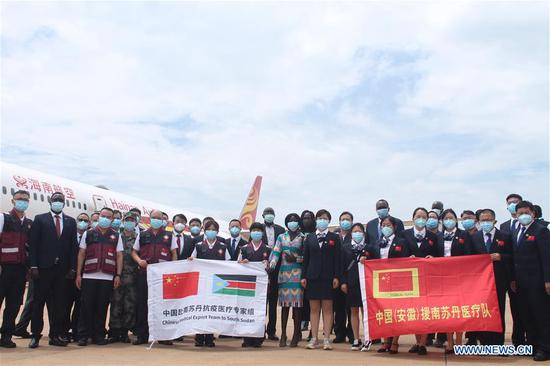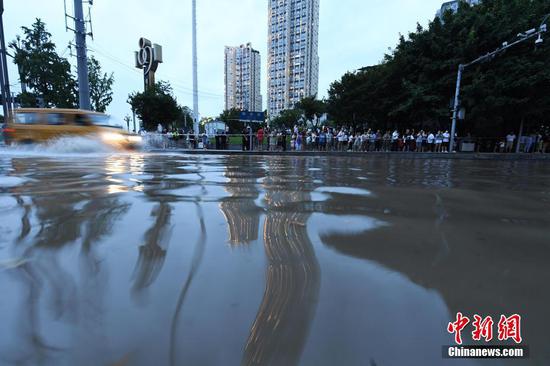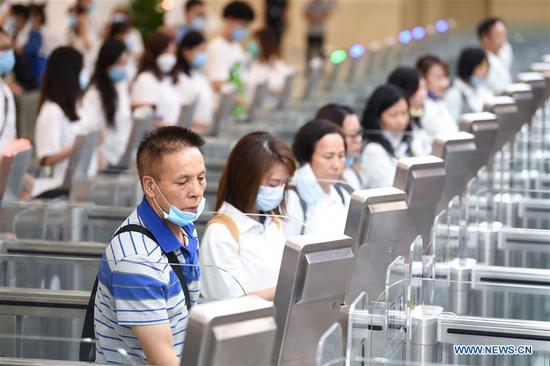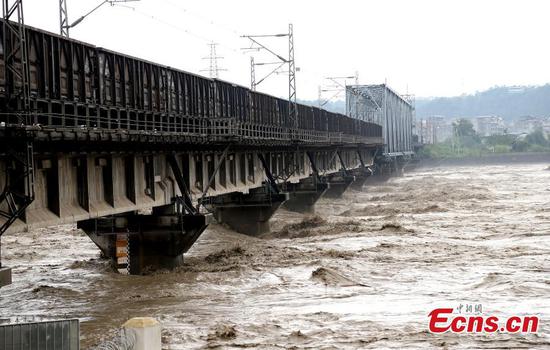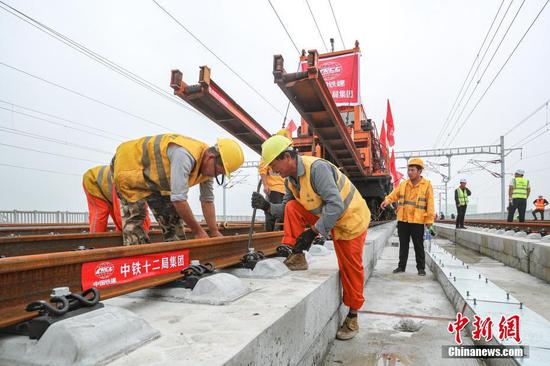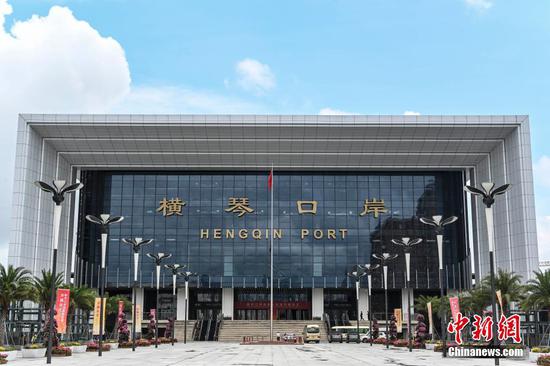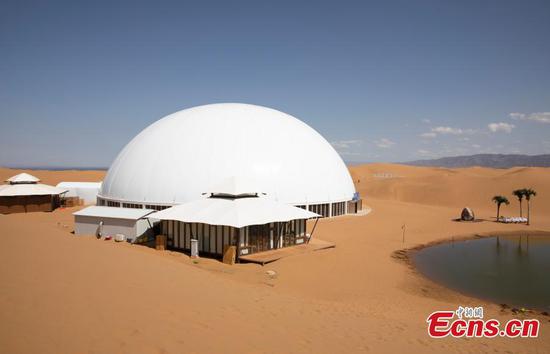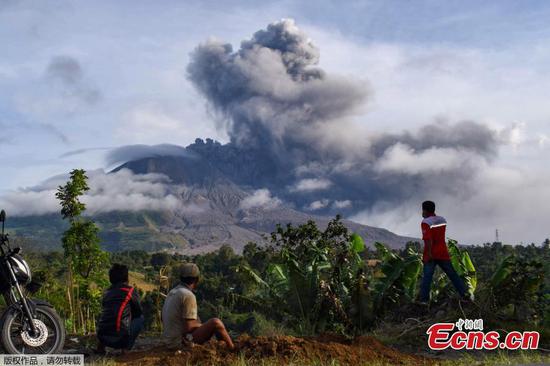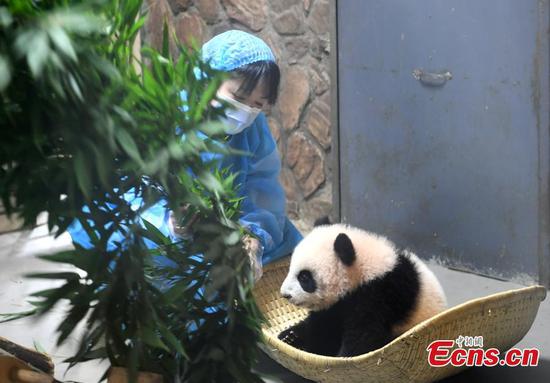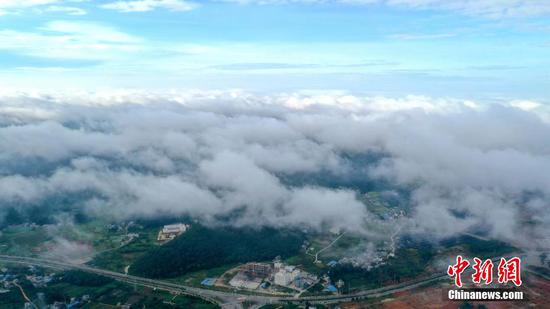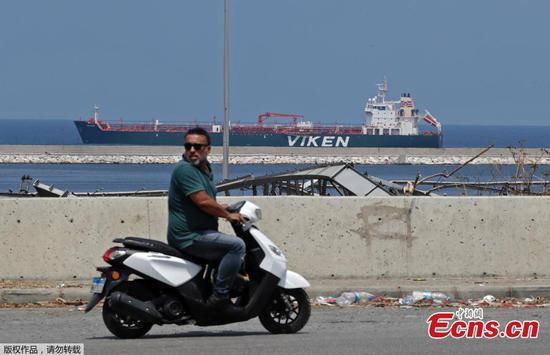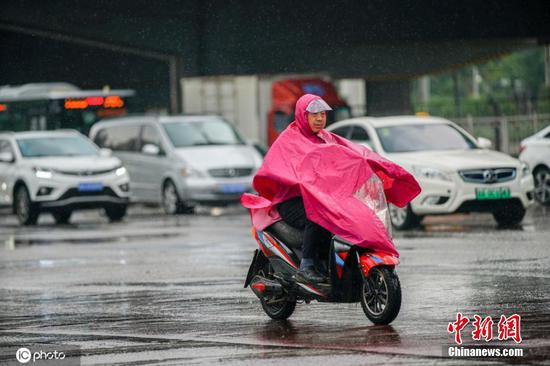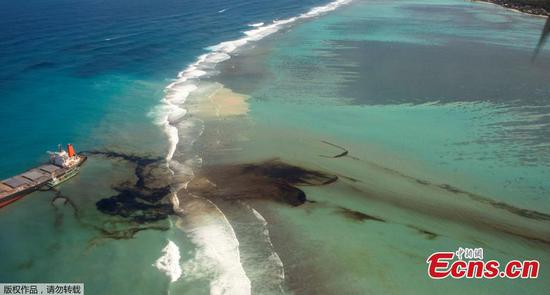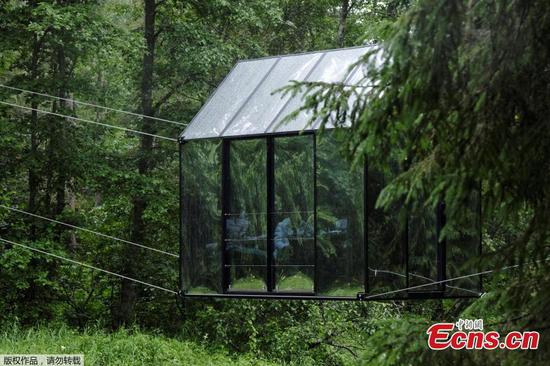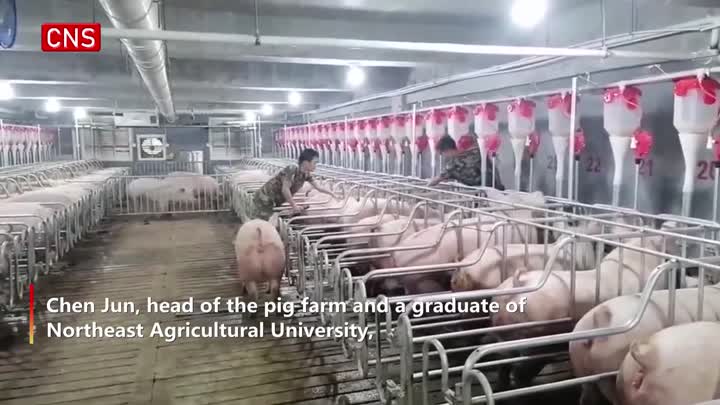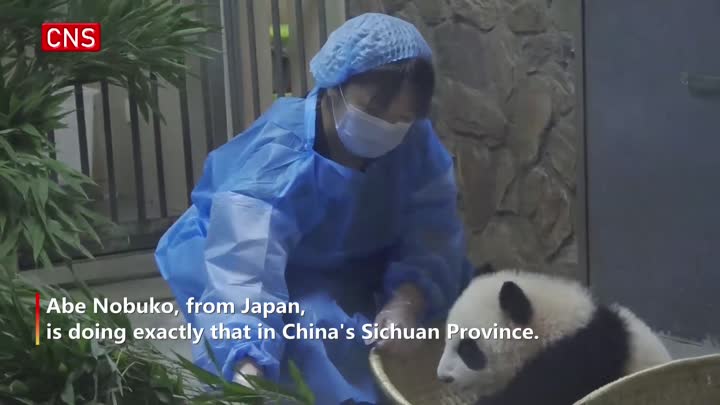![President Xi Jinping, also general secretary of the Communist Party of China Central Committee and chairman of the Central Military Commission, visits Anhui Innovation Center and learns about the technological innovation and emerging industries of Anhui, in Hefei, capital of East China's Anhui province, Aug 19, 2020. [Photo/Xinhua]](http://image.cns.com.cn/ecns_editor/transform/20200824/OmqN-fzzihex5037932.jpg)
President Xi Jinping, also general secretary of the Communist Party of China Central Committee and chairman of the Central Military Commission, visits Anhui Innovation Center and learns about the technological innovation and emerging industries of Anhui, in Hefei, capital of East China's Anhui province, Aug 19, 2020. [Photo/Xinhua]
President calls for awareness of area's status, function during inspection tour
China has vowed to step up the integrated development of the Yangtze River Delta in order to make the region the pacesetter of the new development pattern with the domestic market as the mainstay and the domestic and foreign markets complementing each other.
During his inspection tour of Anhui province last week, President Xi Jinping called for a stronger awareness of the status and function of the delta-which involves Zhejiang, Jiangsu and Anhui provinces and Shanghai-in China's economic and social development in order to promote the region's integrated development amid grave and complex domestic and international circumstances.
Xi made the remark while presiding over a symposium on advancing the integrated development of the region in Hefei, capital of Anhui. The symposium was attended by Vice-Premier Han Zheng and other senior officials of the related departments from the central government as well as related provincial-level officials.
Noting that the region should rise to be the trailblazer of China's technological and industrial innovation, Xi said the entire delta region should not only provide quality products but also serve as a source of high-level technologies to support the country's high-quality development.
Xi underscored the need to make faster progress in developing the region to a new height of reform and opening-up. Efforts should be made to improve the business environment in line with world-class standards, and attract talent and enterprises from home and abroad with a development environment which has a high level of openness, services, innovation and efficiency, he said.
The president also called for efforts to promote trade and investment facilitation and strive to make the delta region an important bridge between the international and domestic markets.
Xi's remarks came as the country is striving to accelerate the establishment of a "dual circulation" development pattern, in which the domestic economic cycle plays a leading role while the international economic cycle is its extension and supplement. The development pattern aims to cope with an external environment characterized by rising protectionism, a global economic downturn and a shrinking international market.
China unveiled a plan for the integrated development of the delta in December as part of its national strategies for integrated regional development, which also involve integrated development of the Beijing-Tianjin-Hebei region, the Yangtze River Economic Belt, and the Guangdong-Hong Kong-Macao Greater Bay Area.
The delta region, considered to be China's most vibrant area in terms of technological innovation and economic development, has a built-in advantage in advancing the new development pattern as it boasts abundant talents, strong manufacturing, well-developed industrial and supply chains and vast market potential.
A draft of the spatial planning for the region's integration demonstration zone, an area of 2,400 square kilometers at the border of Shanghai and Jiangsu and Zhejiang provinces, was published on June 18 to seek opinions from the public.
It set out a blueprint for infrastructure construction, natural and cultural heritage conservation, and transportation routes, as well as industrial parks in the area by 2035. According to the plan, the area will have a population of 3.8 million and generate 1.5 billion yuan ($216.9 million) in GDP per square kilometer per year.
Zhejiang, which boasts the nation's most vibrant private economy, is planning to invest over 200 billion yuan in the construction of major projects concerning the integration of the region this year.
Zhejiang should fully utilize its booming private sector, which accounts for over 60 percent of its GDP, 70 percent of taxation and exports, and 80 percent of its gross employment, in regional integration, Weng Jianrong, deputy director of the Zhejiang Provincial Development and Reform Commission, said in an interview at the end of July.
Zhou Jun, Party secretary of the Hangzhou branch of internet giant NetEase Inc, said Zhejiang should take full advantage of its strength in the digital economy sector to construct a "Digital Yangtze River Delta".
He urged the provincial authorities to work out more favorable policies to attract high-end talents from abroad to make Zhejiang a major engine in boosting scientific and technological innovation in the delta region.
Innovative development
During the speech at the symposium, Xi urged Jiangsu, Anhui, Zhejiang and Shanghai to prioritize key areas and major fields including integrated circuits, biomedicine and artificial intelligence, and he called for efforts to foster the innovative development of micro, small and medium-sized technology companies.
Zhang Haohan, Party secretary of the Jiangsu Federation of Social Science Association and director of the Yangtze River Delta Regional Joint Research Center, said the delta region has advantages among the country's city clusters in technological and industrial innovation, providing a foundation to establish a modern manufacturing system.
The breakthroughs brought by technologies in industries and industrial chains will help form the new development pattern, which is important in responding to the complex international situation, especially the challenges from the COVID-19 pandemic, and promoting the country's high-quality development, Zhang said.
Zhang Mizhi, a research fellow at the Shanghai Institute for Science of Science, said he believed more national-level strategic scientific and technological forces and innovative resources will be deployed in the delta region in the upcoming years.
With high-level manufacturing, strong consumption power and an advanced export-oriented economy, the delta region will set an example for the future development of other city clusters regarding the "dual circulation" development pattern, he said.
On Jan 16, the Anhui Provincial Development and Reform Commission released a plan on regional integration, saying that the province, which is home to many prominent universities and institutions, will work with Shanghai to bolster research in cutting-edge technologies with an aim to elevate the country's overall innovative capacity.
"Anhui will strive to improve its innovative capacity and the development of emerging industries, and become a demonstration area for ecologically friendly development," said Zhong Lan, director of the commission's Office for Integrated Development of the Yangtze River Delta.
"In the future, more infrastructure, including high-speed railways and expressways, will be built to connect cities in the region, and local people will be able to enjoy more shared high-quality medical and educational resources," Zhong said.
Businesses have benefited from the integrated development of the Yangtze River Delta region.
Zhang Xiaojun, vice-president of smart wearable devices maker Huami Corp, which is headquartered in Hefei, said the integrated development of the region has brought about more favorable changes for small and medium-sized companies.
"Nowadays, it seems everybody is talking about the region's integration and many of Huami's business partners are located in the region," said Zhang, adding that his company will soon set up another subsidiary in Shanghai.
"We realized it's unlikely we can recruit all the talent we need in Hefei, but the Yangtze River Delta region serves as a good talent pool," he said.









